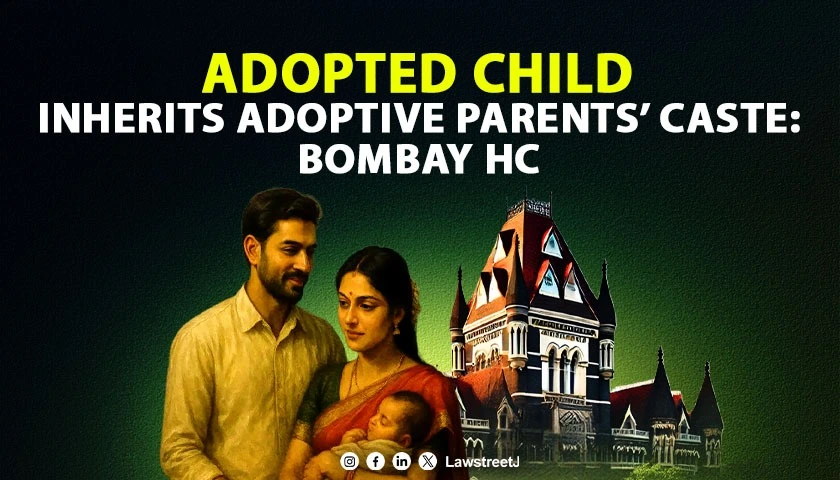Supreme Court on April 15, 2019, in the case of Ashok Kumar Mehra & Anr. v. State of Punjab has acquitted an accused in a 20-year-old murder case on learning that he was a juvenile at the time of the commission of the crime in 1998.
A Division Bench comprising of Justice Abhay Manohar Sapre and Justice Dinesh Maheshwari was hearing an appeal filed against the judgment passed by the Punjab & Haryana High Court in which the court had convicted the appellant along with his father for the offences under Sections 302 r/w 34 of the Indian Penal Code, 1860 , and sentenced them to undergo imprisonment for life. The order of the High Court reversed the order of acquittal passed by the Sessions Judge.
Aggrieved by the said order, an appeal was moved in the Supreme Court by both the accused, however, the father of the appellant expired during the pendency of the appeal and hence his appeal stood abated.
While hearing the case, the Bench found that the son had not completed 18 years when the offence was committed and was entitled to the benefit of the provisions of the Juvenile Justice Act, 2000.
The Bench reiterated the law laid down by this court in Raju v. The State of Haryana, wherein the court said that a claim of juvenility can be raised at any stage by an accused before any court, including the Supreme Court, even after the final disposal of a case.
Further, the Bench noted that the juvenility claim in this case was neither agitated in the trial nor before the High Court, however, the appellant is entitled to raise a plea of Juvenility in light of the various decision of the apex court, said the Bench.
Moreover, it was also noted that the prosecution had never challenged the correctness of the accused mans birth certificate. He was, in fact, even granted bail on the ground of juvenility in July 2011.
"It is, therefore, an admitted fact that appellant No.2 was a juvenile (he was below the age of 18 years, i.e., he was 17 and 5 months) on the date of the commission of the offence (04.01.1998). In other words, appellant No.2 had not completed the age of 18 years on the date of commission of the offence, i.e., 04.01.1998."
Accordingly, Bench allowed the appeal and acquitted the appellant without going into the merits of the case on the cogent finding that the appellant was a juvenile during the commission of the offence and by also considering the fact that the appellant had already undergone considerable jail sentence partly as an under-trial and partly as a convict.







